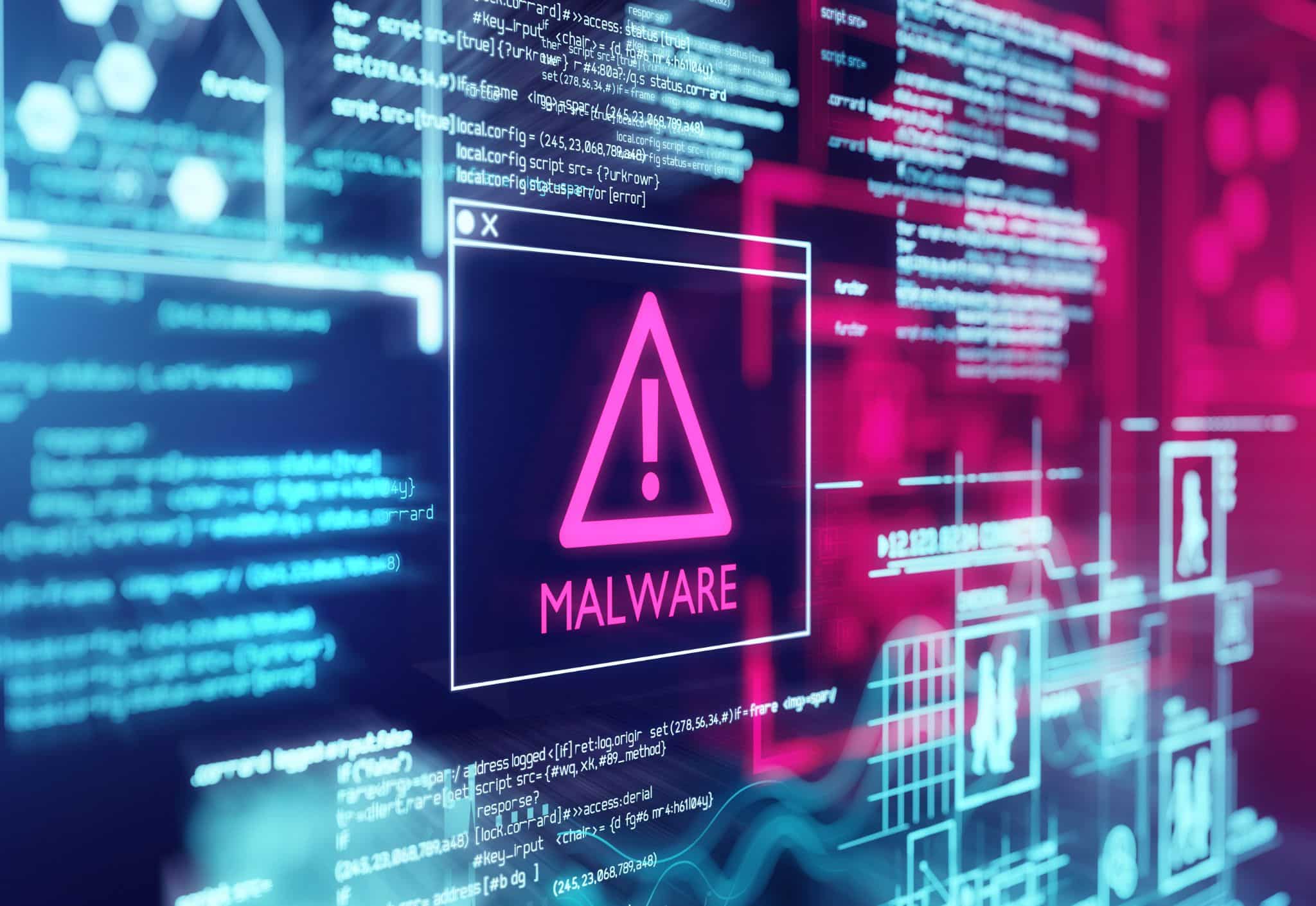Even the most advanced companies fall victim to cyber attacks. Having a basic understanding of cyber security is essential to protect against unwanted threats. We’ve put together a list of 25 cyber security terms every employee and business should know.
Security Terms to Know
Antivirus
Antivirus is a software used to prevent, scan, and identify viruses in computer systems. Most antivirus software runs automatically, providing real-time protection against virus attacks.
Authenticator
Authenticators confirm a user’s identity to perform a digital authentication. The authenticator can be a password, fingerprint, or a face scan.
Backup
Data backups create a copy of physical or virtual data in the event that it is deleted or lost so that it can be easily recovered.
Data Encryption
Data encryption is a way to secure private data by encoding it to not allow third parties to access it. A decryption key is needed to decode an encoded (encrypted) file.
Firewall
Firewalls monitor incoming and outgoing network traffic and permit or block data packets based on rules. They prevent hackers and viruses from entering your network.
Incident Response Plan
Incident response refers to the steps used to prepare for, detect, and recover from a data breach. Companies maintain incident response plans to outline their procedures, steps, and responsibilities in their incident response programs.
Patch
Security patches are regular system updates designed to fix vulnerabilities discovered during security testing.
Pen Testing
Penetration testing is a security test used to find and exploit vulnerabilities in a computer system, identifying any weak spots in an IT system’s defenses.
Virtual Private Network (VPN)
A VPN is an encrypted connection over the Internet from a device to a network. It allows users to send and receive sensitive data across shared or public networks safely and securely.
Malware Terms to Know

Adware
The term adware refers to software that automatically displays or downloads unwanted materials when a person is offline.
DDoS
DDoS stands for distributed denial-of-service — a type of cyber attack. A DDoS attack is an attempt to make an online service unavailable by bombarding it with traffic from multiple sources.
Malware
Malware refers to all forms of malicious software developed by cybercriminals to steal data and damage or destroy computers.
Ransomware
Ransomware is malware that deliberately prevents users from accessing files on their computer — holding the data hostage. It will typically encrypt files and request that a ransom be paid in exchange for recovery.
Rootkit
A rootkit is a type of malware that allows hackers to remotely access your computer, manipulate it, and steal data. Rootkits are hard to detect and can conceal their presence within an infected system.
Spyware
Spyware is malware that runs secretly on a computer and reports back to a remote user. Its capabilities include activity monitoring, keystroke logging, and data harvesting.
Trojan Horse
A Trojan virus is a piece of malware that disguises itself as a legitimate file, program, or application to gain access to a user’s computer and data.
Virus
A virus is a type of malware attached to a file or document that supports macros to execute its code and spread from host to host. Viruses are designed to disrupt a system’s ability to operate, causing significant physical damage.
Worm
Worms are malware that rapidly replicates and spreads to any device within a network. A worm infects a device via a downloaded file or a network connection before it multiplies and disperses.
Hacking Terms to Know

Bot
A bot is a software application that is automated to perform certain repetitive tasks. They often imitate or replace a human user’s behavior — some bots are useful, while others are malicious.
Breach
A security breach occurs when an intruder gains unauthorized access to an organization’s protected systems and data. A breach can damage an organization’s reputation and finances.
Clickjacking
Clickjacking, or UI redressing, is an interface-based attack that tricks a user into clicking a webpage element that is invisible or disguised as another element.
Deepfake
A deepfake is an audio or video clip that has been manipulated to seem real. Cyber criminals use deepfakes to trick people into believing a particular story, stealing everything from identities to thousands of dollars in just minutes.
Hacker
A computer hacker is a person who uses their experience in computers to gain unauthorized access to data. The difference in hackers refers to the intention of the hacker.
White Hat: A completely legal form of hacking where the hacker breaches the network to gain sensitive information with the owner’s consent to test for vulnerabilities.
Black Hat: An illegal form of hacking where the hacker breaks into the network to steal information without the users consent or to inflict harm on the owner.
Phishing
Phishing steals user data, including login credentials and credit card information. In most cases, it takes the form of an email that appears legitimate but contains links and attachments designed to lure victims.
Social Engineering
Social engineering is a technique that uses psychological manipulation to trick users into making security mistakes or giving away sensitive information. Once a hacker understands what motivates a person’s actions, they can usually retrieve what they’re looking for.
Cyber Security Company in NJ & FL
Mindcore’s team of highly skilled IT professionals offers expert advice and customized solutions for companies in New Jersey and Florida looking to upgrade their cyber security. Along with our wide range of cyber security services, we’ll train your employees so they can proactively defend against cyber attacks. Schedule a consultation with us today, and we’ll be happy to answer any questions you may have.

